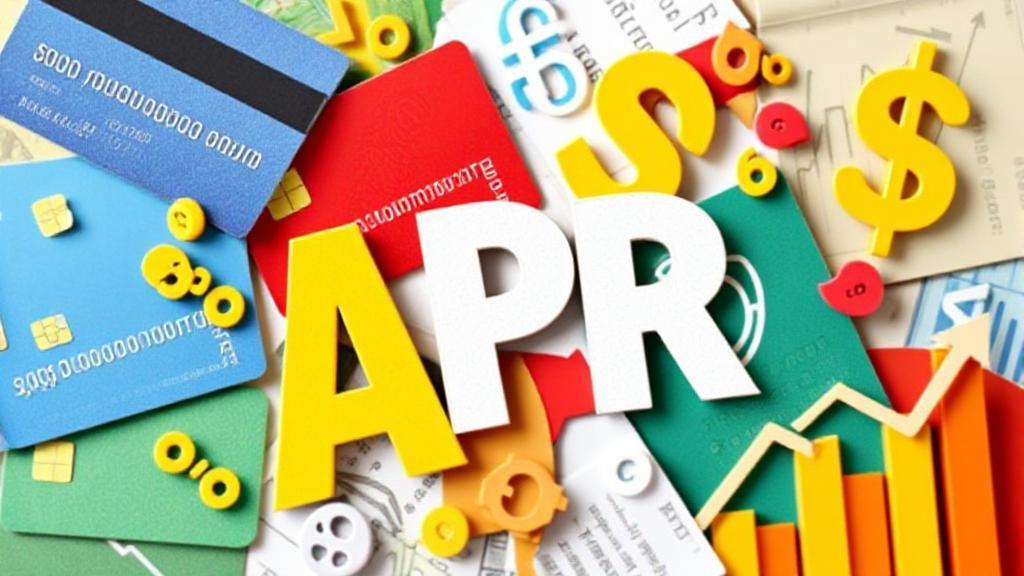Introduction to APR
When it comes to credit cards, one of the most crucial factors to consider is the Annual Percentage Rate (APR). The APR represents the annual cost of borrowing money on your credit card, expressed as a percentage. It includes not only the interest rate but also any additional fees or costs associated with the loan. Understanding what constitutes a good APR can help you make informed decisions and potentially save money.
Types of APR
Credit cards often come with multiple types of APRs:
- Purchase APR: This is the interest rate applied to purchases made with the card
- Balance Transfer APR: This rate applies to balances transferred from another credit card
- Cash Advance APR: This is the rate for cash withdrawals using the credit card, often higher than the purchase APR
- Penalty APR: A higher rate that may be applied if you miss payments or violate other terms
Current Market Ranges
As of 2023, credit card APRs typically fall into these ranges:
- Excellent credit (740+): 13.99% - 17.99%
- Good credit (670-739): 17.99% - 22.99%
- Fair credit (580-669): 22.99% - 25.99%
- Poor credit (below 580): 25.99% and higher
Factors Influencing APR
1. Credit Score
Your credit score is a significant determinant of the APR you will be offered. According to Experian, a score above 700 is considered good, and scores above 750 are excellent.
2. Market Conditions
Interest rates fluctuate based on economic conditions. The Federal Reserve's decisions on interest rates directly impact credit card APRs.
3. Card Type
| Card Type | Typical APR Range | Best For |
|---|---|---|
| Rewards | Higher | Those who pay in full |
| Low APR | Lower | Those who carry balances |
How to Secure a Better APR
Improve Your Credit Score
- Pay bills on time
- Keep credit utilization below 30%
- Maintain older credit accounts
- Limit new credit applications
Shop Around
Different issuers offer different rates. Use comparison tools like NerdWallet or Credit Karma to find the best offers.
Zero-Interest Strategies
"The best APR is no APR at all." - Financial experts commonly emphasize this point.
Consider these options:
- Balance transfer cards with 0% intro APR
- Pay full balance monthly
- Negotiate with current card issuers
Managing Your APR
To manage your APR effectively:
- Pay your bill in full each month
- Make timely payments to avoid penalty APRs
- Monitor your credit report regularly
- Keep your credit utilization ratio low
Additional Resources
- Check the Consumer Financial Protection Bureau for educational resources
- Monitor your credit score through AnnualCreditReport.com
- Visit the Federal Trade Commission website for more information
Remember, while APR is important, it shouldn't be the only factor in choosing a credit card. Consider your spending habits, reward preferences, and financial goals when making your decision.
